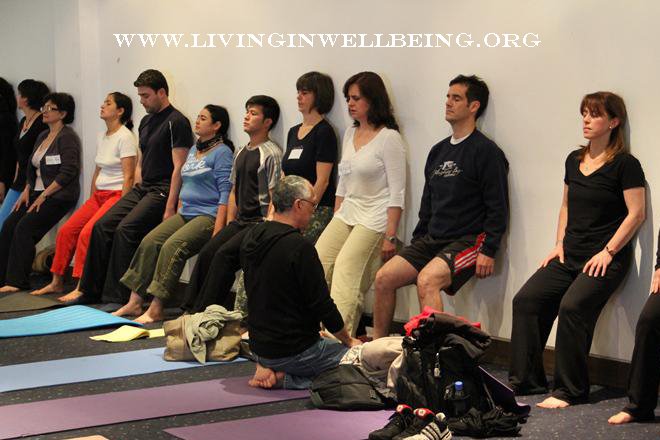
Some of the biggest challenges facing sit and go players while bankroll building and getting to learn the game has nothing to do about the game at all. It has everything to do with controlling your emotions at the table and not letting them inject into your decision-making. You know no limit hold them is one of the easiest games to learn, but as you have no doubt discovered it is one of the most difficult to make a profit long term. I say that with a bit of apprehension because really with a bit of training and a lot of emotional control it's actually easy to make consistent profit playing sit and go tournaments online. The truth of the matter is though, that the large majority of online players lose money in sit and go tournaments. If you don't believe me, the next table you sit at queue up all of your opponents on sharks scope and see the red ink for yourself. So if winning sit and go poker tournaments is so easy to learn, then the problem in losing money must inherently be derived from lack of emotional control. This is truly one of the key facets to poker psychology that comes into play because it's one of the first tests you are going to be facing while playing online day after day. It essentially requires you to continually ask yourself - "Can I compete and learn in this game while controlling my emotions?" That answer lies in your online poker account. Is your cash going up or down? Are you reloading or are you using other players money? Are you making the right decisions at game critical intersects? Lack of emotional control leads to poor decision making and invariably, costly mistakes. It doesn't matter if you get lucky. It doesn't matter if you suck out. It doesn't matter if somehow you still make the money. If you press that all in button for any reason other than tactical strategy, your mistakes will become more and more glaring and more and more expensive. Emotional control can be learned with experience, attentiveness, reflection, and a burning desire to improve. I mean have you ever seen Gus Hansen lose it at a table? Like him, and most other professional players, you must first recognize how emotions are a part of your game, and then learn to use them to your advantage.












